The importance of Tibetan translations for the right interpretation of ancient Buddhist texts is generally admitted. These translations were always prepared by a committee composed of competent Indian pandits and a learned Tibetan translator (lotsava). The greatest care was bestowed upon the right rendering of the original. Special expeditions were sent out to India for the search of old and trustworthy manuscripts, translations were then corrected by the learned committee according to the new finds. Needless to say that both Indian pandits and the Tibetan lotsavas were profoundly versed in all the technical difficulties of Sanskrit grammar, poetics, philosophy and other mediaeval Indian Sciences. For the sake of uniformity bilingual dictionaries were prepared at an early date. The terminology established by them had been authorized by the Tibetan government and severe punishments were proclaimed against trespassers to the rendering enforced by state law. Under these conditions the Tibetan translations afford invaluable assistance for establishing the text of every ancient Buddhist work of which insufficient or corrupt manuscripts are alone available." (Prof. Th. Stcherbatsky in his preface page iv to indices Verborum Sanscrit-Tibetan and Tibetan-Sanscrit to the Nyayabindu of Dharmakirti and the Nyayabindutika of Dharmottara, compiled by E. Obermiller, Bibliotheca Buddhica XXIV, Leningrad 1927). The unique value of Tibetan translations of Buddhist texts has been again emphasized by Prof. J.W. de Jong (Cinq chapitres de la Prasannapada, Leiden 1949, p.xii-xiii): "La valeur des traductions tibetaines pour 1’edition des textes bouddhiques Sanskrits a ete reconnue depuis longtemps. L. de la Vallee Poussin, dans l’ avant propos de son edition de la Prasannapada, dit: ‘Je n’ ai pas hesite a considerer la version tibetaine comme plus digne de confiance que la traduction manuscrite’. Malheureusement les editeurs de textes Sanskrits bouddhiques ont rarement edite la version tibetaine du texte Sanskrit qu’ils ont publie. Neanmoins 1’edition de la version tibetaine de textes conserves en Sanskrit serait tres souhaitable pour trois raisons: I, Les versions tibetaines permettent de controller les lectures adoptees par I’editeur du texte Sanskrit: II, Elles sont souvent une aide precieuse pour l’ interpretation du texte: III, Elles facilitent l’ etude des versions tibetaines don’t l’ original Sanskrit n’est pas conserve. Car ce n’est qu’en etudiant les versions tibetaines de textes conserves en Sanskrit qu’on peut se rendre compte du systeme de traduction employe par les traducteurs tibetains. But as yet no systematic comprehensive work was undertaken either in the East or in the West, for supplying the Sanskrit equivalents of Tibetan renderings in the form of a dictionary. I have been working for the last several years in this direction. The result is the present Tibetan-Sanskrit Dictionary which has several thousand words, compounds, and phrases. Terms of technical subjects like astronomy, medicine, iconography, metrics, prosody and philosophy have also been included.
Tibetan-Sanskrit Dictionary
In stock
Free & Quick Delivery Worldwide
reviews
Bibliographic information
Title
Tibetan-Sanskrit Dictionary
Author
Edition
3rd ed.
Publisher
ISBN
8177420402
Length
xvi+853p., Figures; 29cm.
Subjects

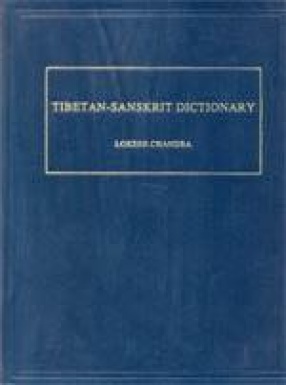
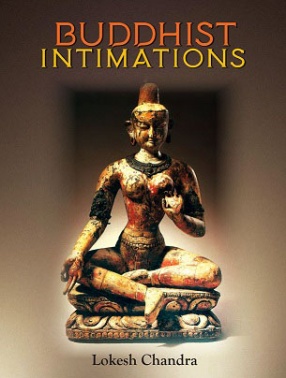
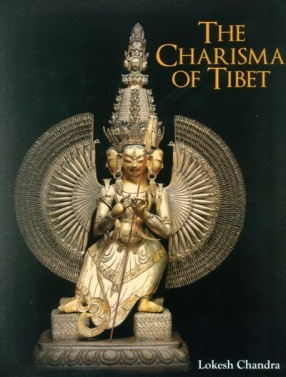
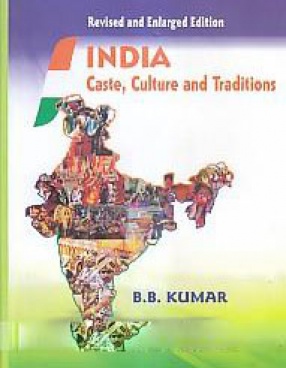
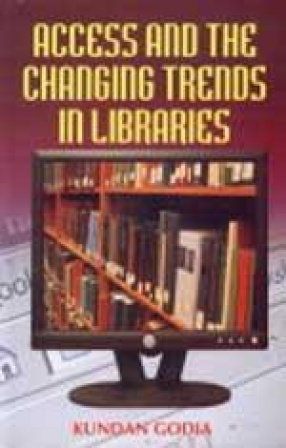
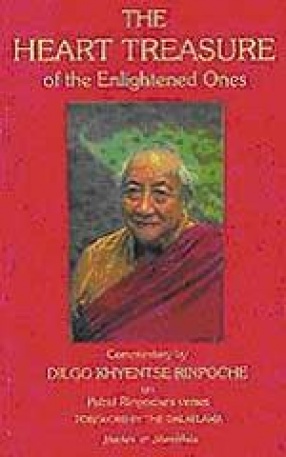
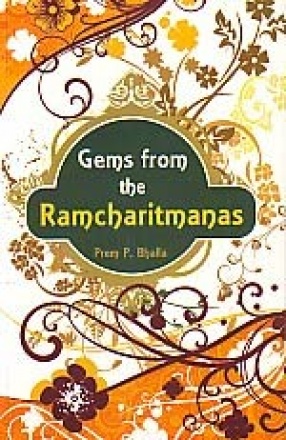
There are no reviews yet.